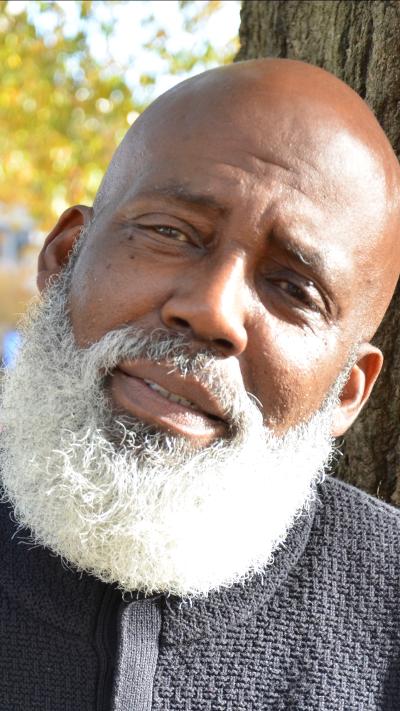
Dr. Reginald Cunningham, holds Doctor of Education in Counseling Psychology and has worked in the field of mental health for over 20 years. Over the past several years, Dr. Cunningham has worked at a variety of mental health facilities in both Maryland and the District of Columbia, including The University of Maryland, Johns Hopkins University, Family Matters of Greater Washington, DC, and The Institute for Family Centered services. Additionally, prior to beginning his doctoral training, he worked several years conducting research in addictions and with individuals with serious mental illnesses.
About seven years ago Dr. Cunningham made the decision to transition from the traditional work world and open his private practice, “Counseling and Consulting Solutions, LLC”, where he is dedicated to changing the lives of African American adolescent and adult men identifying from an array of mental health and life challenges. His own life experiences coupled with his vast educational background enables him to integrate this knowledge to effectively empower his patients to both overcome their adversities and live productively in society.
Like most, Dr. Cunningham believes that Black men have been conditioned to stifle all emotional expressions, presenting themselves as hyper-masculine, super strong, aggressive and angry. They have been told such self-defeating messages which tell them “real men don’t cry”, “being vulnerable makes you gay”, “man up”. It is attitudes like this which has persistently fostered a culture that forces black men to sit and suffer in silence.
It has become Dr. Cunningham’s mission at every opportunity to educate our communities, particularly Black men on the benefits of sitting down with a professional. Whenever he ventures into various environments, especially male dominated venues such as barbershops, cigar bars/shops, the gym, and he’s often asked what he does for a living. That moment affords him an opportunity to begin a dialog of eradicating the stigma, as he’s often met with the usual opposition when it comes to the subject of therapy. Through these discussions, he soon became the go-to person whenever someone’s experiencing some sort of challenge. It is in these moments he capitalizes on to effectively engage with that person or a group of men on exactly what counseling is and “is not,” in today’s society.
It is his belief that there are many misconceptions of exactly what mental health looks like today and stigma perpetuates the burden of weighing down the decision that Black men are willing to make regarding to seek help. Black men must be convinced that going to therapy does not mean that they are “crazy” or unstable. It is simply about having someone who can help guide them on their journey, without the fear of being judged or shamed. This is where Dr. Cunningham shines!
